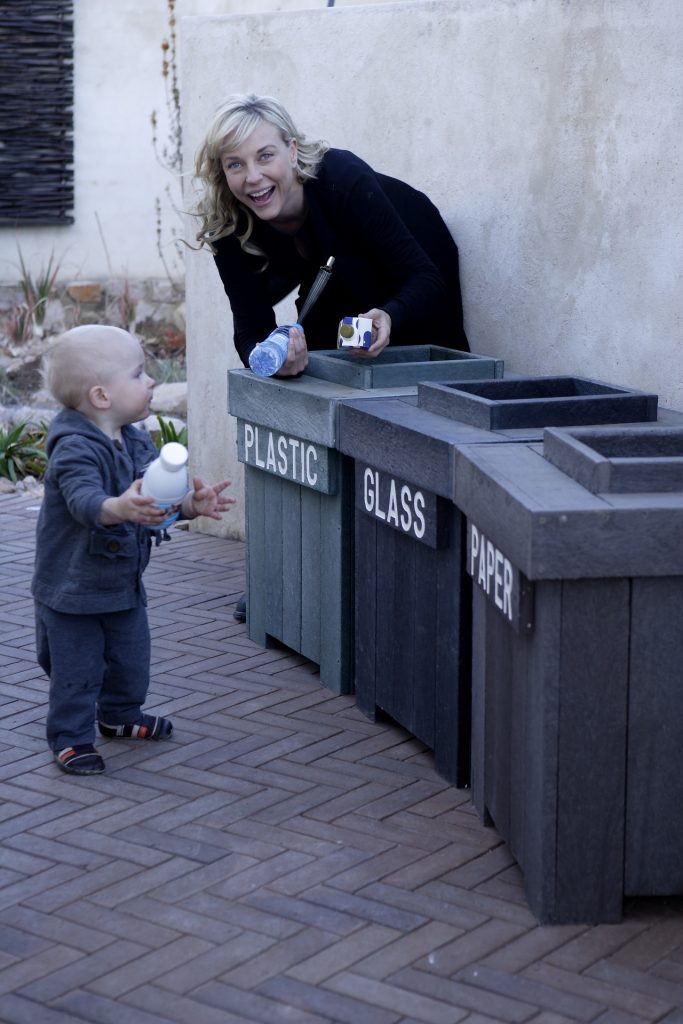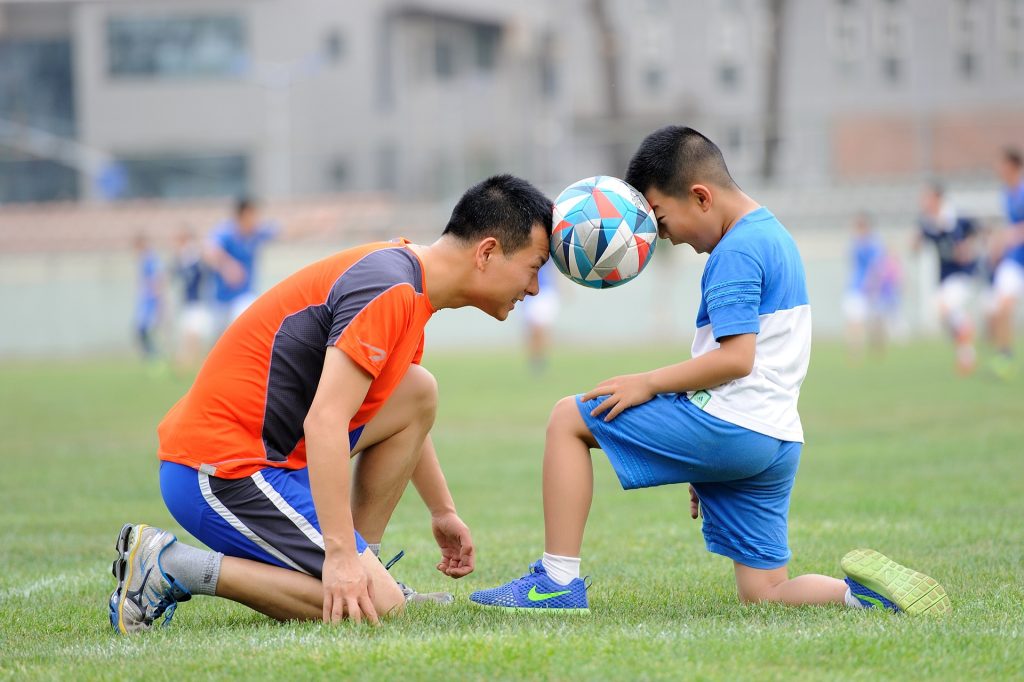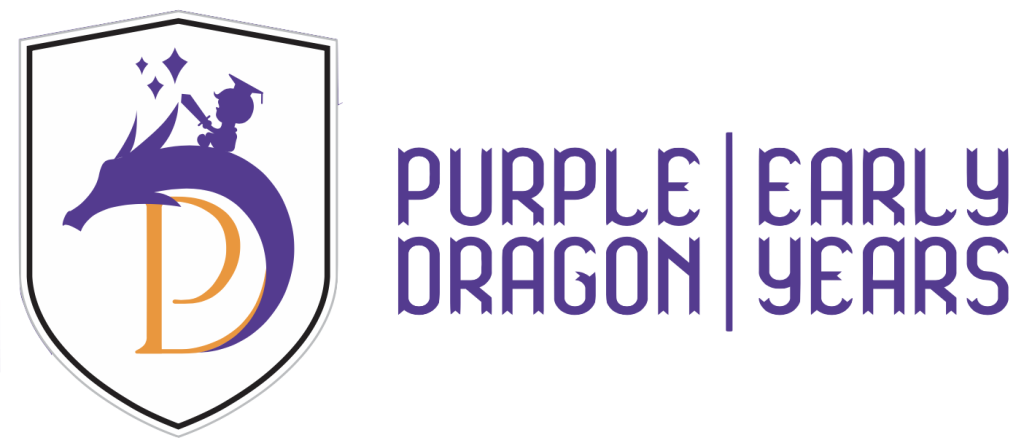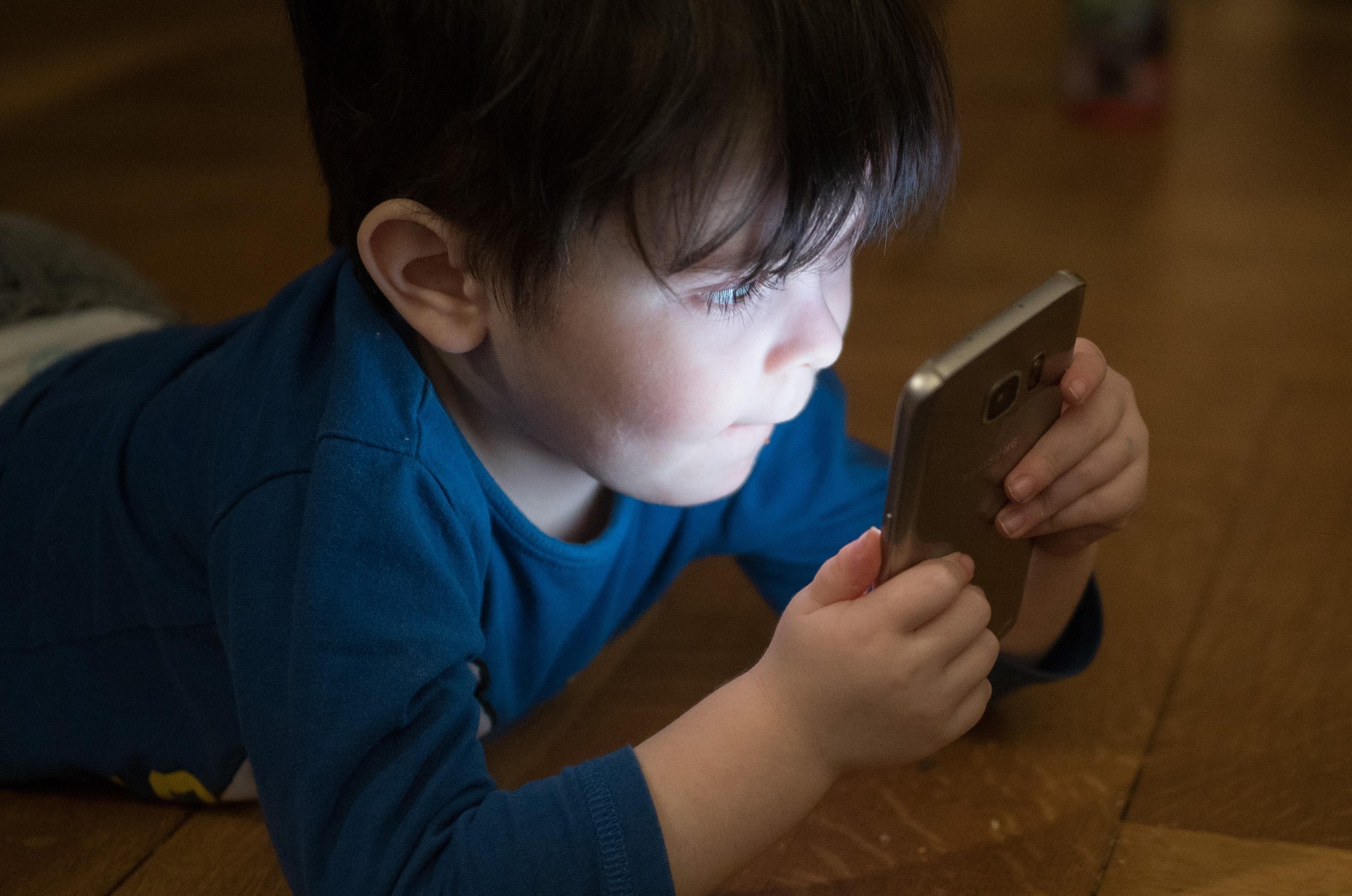We know that there are many teaching techniques and activities through which our children learn these days, far more so than in times past as academic and scientific research develops our understanding of how children learn. The 2002 UNESCO report on How Children Learn is one such piece of research that suggested principles that are psychological in nature and what teachers and parents can do to leverage these for the benefit of their children.

Social participation is second of these principles presented in the report, which declares that it is “the main activity through which child learning occurs”, asserting that “learning is primarily a social activity”. The report also asserts that children acquire the behaviours that enable them to become effective members of society through interactions with their parents and also their carers and teachers. They also learn from their peers and thus all such interactions become vital routes to be leveraged in learning and development, especially in Early Years.
What is Social Participation?
According to the psychologist Lev Vygotsky, the way children learn is by internalizing the activities, habits, vocabulary and ideas of the members of the community in which they grow up. In other words through social participation. Some psychologists also assert that young children seek to form a bond with their social group, typically their family, by physical and verbal interaction and this often manifests as seeking to help with tasks.
Even if it takes longer and is no help at all it is better to let children try to help as it promotes this important sense of belonging in the family and is part of the learning principle of social participation. It is also important to understand that the things we say and do as parents are being imprinted onto our children, as Lev Vygotsky asserts. Therefore, as teachers, which all parents are and should be, we must be mindful of what we say and do in the presence of our children. If we say it, we should do it too…

Furthermore, we should treat every interaction as a teaching opportunity, even, and perhaps especially, the everyday things. We are all busy and oft times under pressure to get things done but surely there is no better way to spend our time with our little ones than engaged in a teaching opportunity?
Indicated Actions:
While instruction from parents is important, we should seek to create opportunities for children to take some control of what they want to do and act as a coach and coordinator of these opportunities, offering discussion and guidance on concepts the children are exploring rather than definitive instruction. In this way the natural exploration tendency for children is at the fore.

It can be hard to create social learning at home when there are no siblings or the siblings are too distant in age and that is why organised activities outside the home are so important, but social interaction with parents for learning purposes is just as important and maybe more so in the early years. Even better if you can do both interactions with parents in organised activities outside home.
An important aspect of social learning is to link learning to the community at large in terms of what is going on in the outside world and how things work in the world. Finding ways to reveal the world to children, linked to what they are learning at home or in school, has positive benefits for their development.



